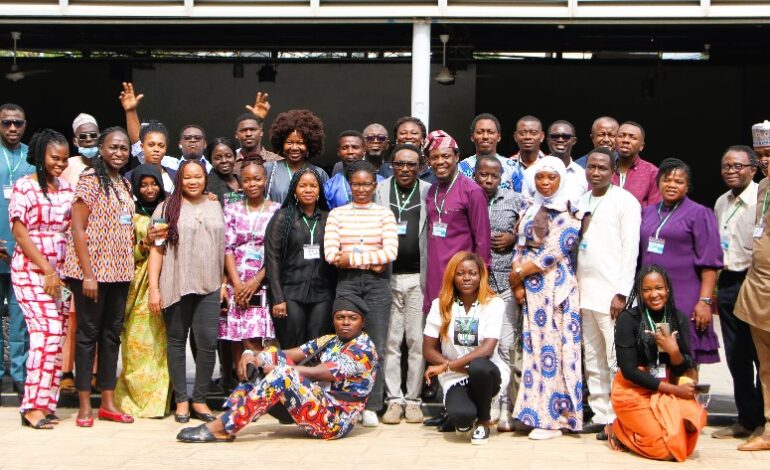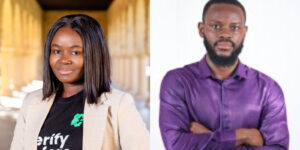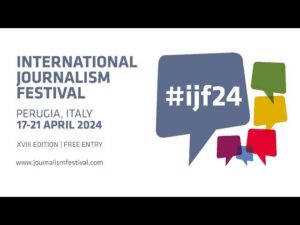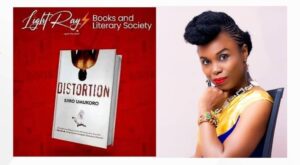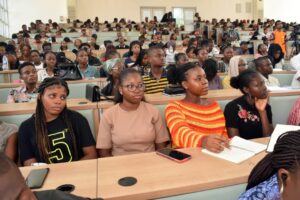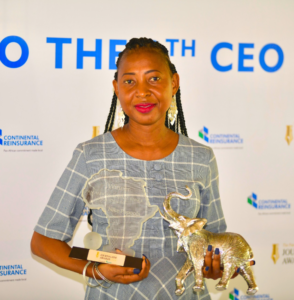To address the inadequate dissemination of the emerging trends and patterns of the HIV endemic in Nigeria, Journalists Against AIDS (JAAIDS) and Living Health International have held a one-week co-creation workshop titled “Assess Communication Gaps and Opportunities for the HIV Response in Nigeria.”
Supported by the United States President’s Emergency Preparedness Fund for AIDS Relief (PEPFAR) through its partner, Henry Jackson Foundation Medical Research International (HJFMRI), the workshop featured sessions that identified the gaps across diverse media channels, the emerging HIV trends and format needed to disseminate key messages across diverse media platforms.
In his welcome remarks, Dr Gbenga Adebayo, a Public Health Physician and Executive Director of Living Health International, said the co-creation workshop is basically to engage with journalists and communication experts to find out the lapses and fill the communication gaps that exist within the HIV space.
Dr Adebayo said “This is not just an academic exercise, we’re trying to do a thorough analysis using thematic models to interrogate the issues at hand. Afterwards, we will come up with a road map that will give us solutions to address the communication lapses and look at the opportunity to engage with vulnerable groups.
Dr Adebayo mentioned that it is expected that “there will be amplification of these important stories, that journalists are better informed and they are better able to do human angle stories, that tell the right stories to the public.
“This is one in a series where we hope to train, retrain, and engage with different stakeholder groups to be able to amplify the successes and stories within the community so that ultimately we can end AIDS by 2030,” he added.
On her part, Ms. Olayide Akanni, the Executive Director of JAAIDS, said the workshop was critical as it provided an opportunity to review progress in terms of media performance and rethink communication strategies, particularly within the HIV response.
“Overtime, we see that HIV is no longer on the front burner of public discourse, there is a sense of apathy regarding HIV and there is a feeling that HIV is no longer important and this is an opportunity for us to rethink what our communication approaches and strategies would be as we reposition the discourse particularly because we’re seeing a rising case of infection among key populations and adolescents and young people,” she noted.
Dr. Babatunde Adenekan, HIV Analyst at the United Nations Fund Population Agency (UNFPA), also shared that the co-creation workshop is expected to change the narrative and communication about HIV in Nigeria.
He said, “We hope that it will come to a point where everybody in the country will understand their risk and know what to do to prevent the risk, particularly for HIV and this is about effective communication and ensuring that people receive this information and utilize them.”
HJFMRI Programme Coordinator in Nigeria, Dooshima Uganden, in her presentation focused on Key and Vulnerable Populations, said that communications must begin to target these vulnerable groups.
Uganden buttressed that “we must engage them because they engage in behaviours that put them at risk of HIV and they are disproportionately affected by HIV. If we do not work with the key populations, it is a time bomb.”
Participants in the one-week workshop include young people, academia, implementers, media and communication experts, people living with HIV, and representatives of key populations.
